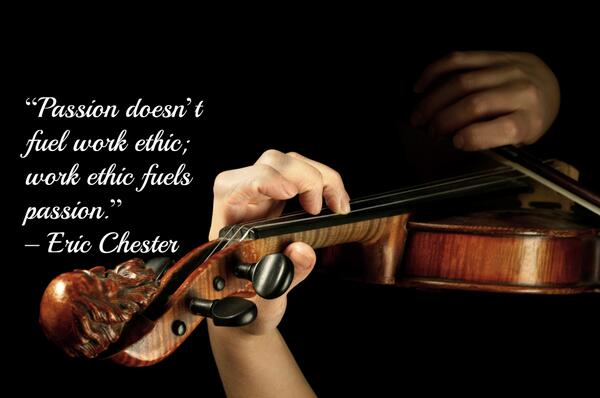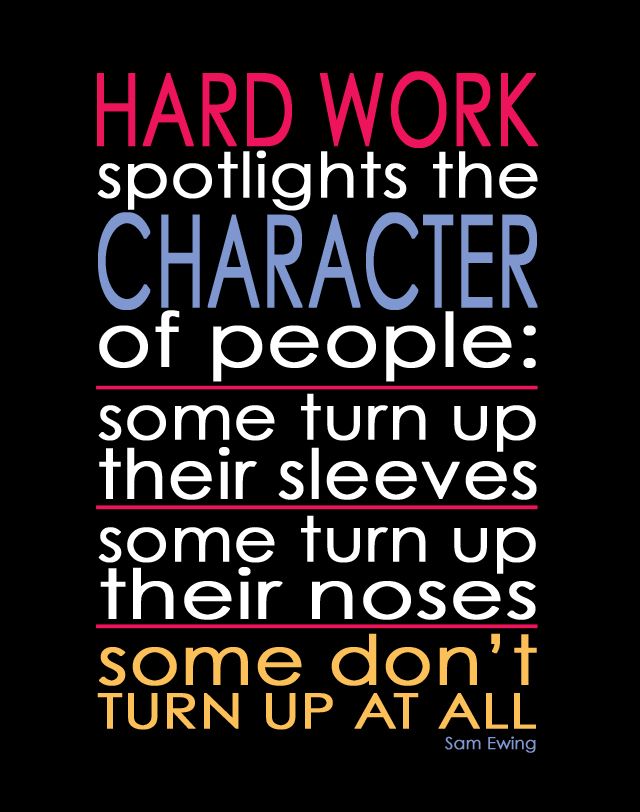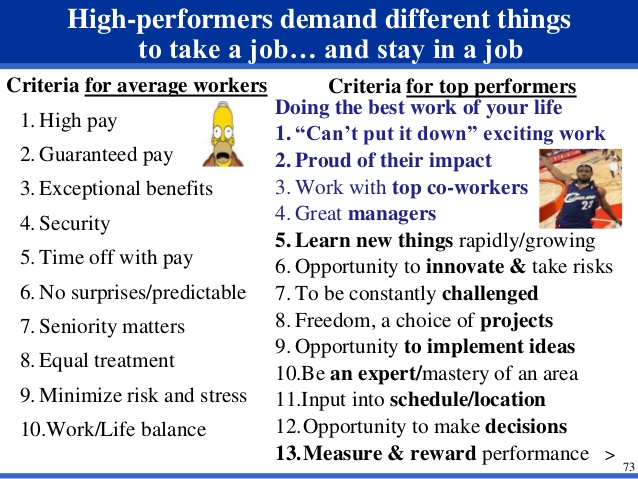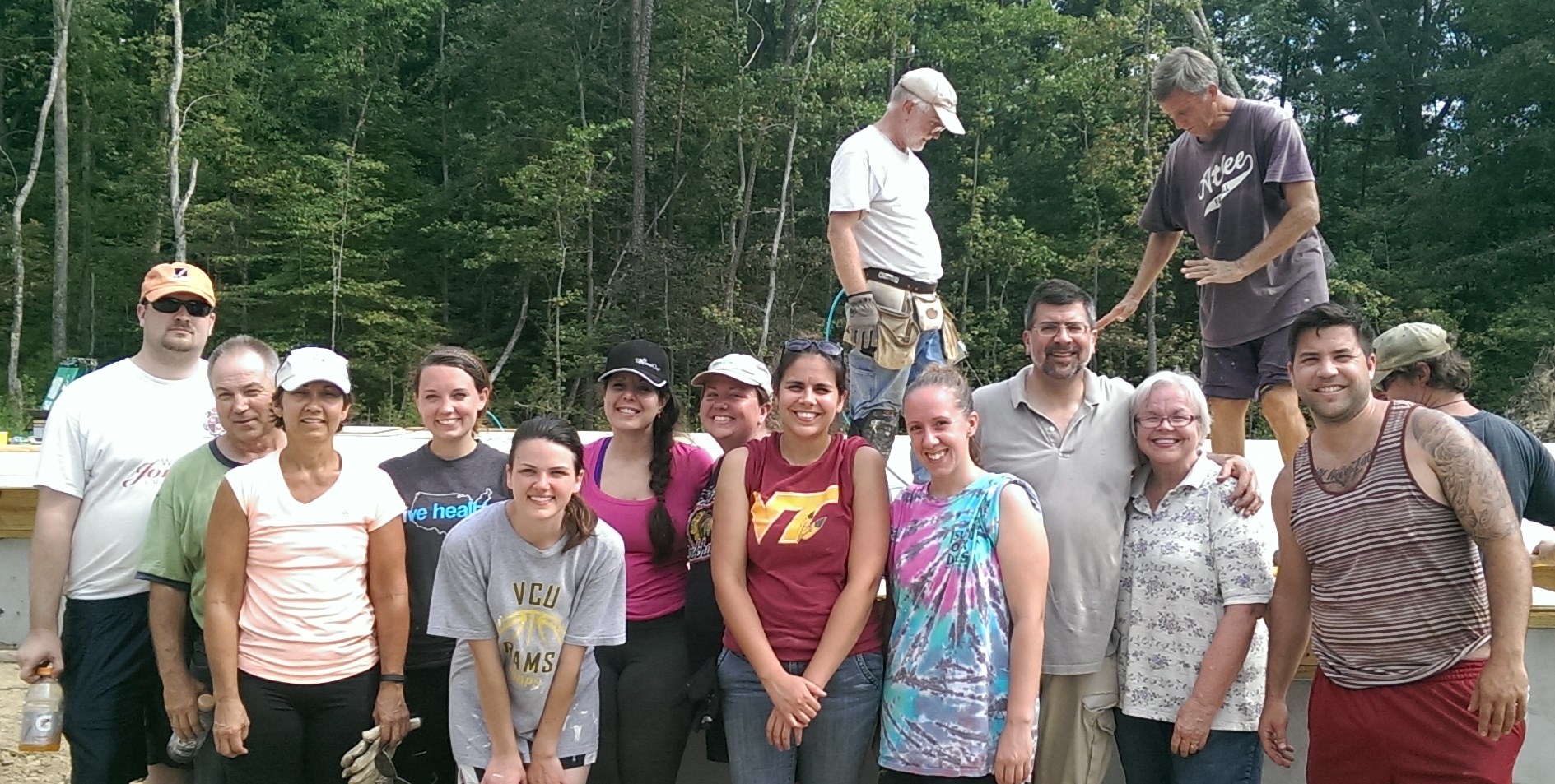
[Adapted from my presentation at a home-school conference. Part 2 – Raising Adults – Creating a Culture of Serving can be found here.]
Being a parent is a humbling work…one way or other, it takes us to our knees at some point. In thinking about how we shape our little ones and raise them into adulthood, I was driven to prayer…a lot.
“Oh God, You have given us such crucial work in raising our children to adulthood. Help us to be faithful to live in the tension of remembering they are still small/young and yet pointing them to their place in this world and Your Kingdom. In Jesus’ name. Amen.”
In the book of Genesis, we have a beautiful picture of God’s work – His eye for detail, His gift of order – He provided everything that was needful…including work for us.
God has given us all work to do. It was His plan from the beginning… In training up our children, we will always push against the counter-pressure of entitlement in our kids’ lives (and in our own)… but we are not alone. He’s already promised that “His yoke is easy, and His burden’s light”.
The Scripture is full of wisdom pointing us toward teaching our children to become responsible adults…understanding the importance of showing up, working in whatever capacity they can.
So we built the wall and the whole wall was joined together to half its height, for the people had a mind to work. – Nehemiah 4:6
Anyone who can be trusted in little matters can also be trusted in important matters. But anyone who is dishonest in little matters will be dishonest in important matters. – Luke 16:10
Train up a child in the way he should go; even when he is old he will not depart from it. – Proverbs 22:6
“Whatever you do, do it enthusiastically, as something done for the Lord and not for men, knowing that you will receive the reward of an inheritance from the Lord – you serve the Lord Christ.” – Colossians 3:23-24
What goes into raising adults? Teaching our children and giving opportunity to see the value of work, to treat people and possessions appropriately, and to see themselves as a responsible part of a larger community. When does it start? Very early.
Author and parenting coach Reggie Joiner talks about the key to raising responsible adults is to give them responsibilities…now.
We are called, by God, to work…from the beginning…to have dominion…and to essentially clean up our own messes. As we learn to do that at home – caring for ourselves and contributing to our family – we can quite naturally expend the effort, and extend that, toward our larger community.
Joiner defines responsibility and counsels parents how to train it:
“Responsibility is an interesting word.
It’s actually two words.
Response and ability.
Do you see the link between the two concepts? If you want to raise kids to become responsible, then lead them toward a life where they develop the right attitude toward work and tasks. Give them chores at every stage.
- Lead so their response reveals their ability.
- Lead so their response matches their ability.
- Lead so their response grows their ability.
Think about it this way:
Home should be the first job every kid ever has. What kind of experiences are you giving your children to prepare them to be responsible adults?” – Reggie Joiner
Raising Adults – Reggie Joiner
Sometime ago, I was listening to a podcast from Liberty University (would have linked it but it is no longer at the original link). The guest was writer, thought leader, and world-shaker-upper Karen Swallow Prior:
Prior talks about this being the anxiety generation. Some of that anxiety revolves around the pressures coming out of social media. “There is an existential anxiety that goes with having so many choices in front of you and being afraid you’re going to make the wrong choice and miss out and go down the wrong path.” – “Everything you do in life [marriage, work, weekends] is supposed to be this huge self-fulfillment…such that you can post it on social media.” Too often, our experiences aren’t fulfilling and then the anxiety comes, “did I make the wrong choice?” – Notes from the podcast with Karen Swallow Prior
Dr. Prior supports education as a help in correcting the “tunnel vision and distorted vision” that can evolve in young people’s thinking. Work throughout our children’s growing up years can also impact thinking as well…restoring perspective.
One of my favorite books on this topic is Escaping the Endless Adolescence by Joseph Allen and Claudia Worrell Allen. The Allen’s write about the “failure to launch” generation. Teens who are exhausted at what seems required of them to be adults and therefore resist doing more than the minimum, coasting through life.
Instead of asking: “What will keep our teens out of trouble?” “What will make them happy?” or “What will get them into college?”, we need to switch our focus to a different set of queries: “How can we introduce realistic elements of adulthood into their worlds?” What activities best provide real feedback about their effort and skill?” and “Which other adults can we recruit to help pass our values on to them?” In short, we need to switch our focus from activities that reflect living happily as a teenager to activities that let our young people actually use their energy, connect with adults, and make choices that matter in order to begin moving successfully into adulthood. – Allen & Allen
In their helps for parents of teens (and younger children), the Allen’s coach how to guide kids to become contributing members of the family, how to give genuine, real-world feedback toward maturity, how to connect their kids with role model adults (including the parents themselves), and how to positively stretch their kids toward skill- and confidence-building.
Writer and stylist Jo-lynne Shane shares a ‘raising adults” system she used with her three children.
[Her] system based on the following principles:
- logical consequences vs discipline and anger
- choices vs commands
- questions vs lectures
- no nagging
- no idle threats
- no yelling
You see, when you allow them to experience the natural consequences of their choices rather than resorting to nagging, yelling, idle threats, and unrelated punishments, you put the responsibility for their actions on their shoulders. Too often parents make their kids’ problems their problems. Then the parents get angry and the kids learn nothing.
By giving them choices rather than commands, they don’t have the option to disobey. The key is to give only choices that you can live with, and then to be willing to follow through.
Asking questions instead of lecturing encourages kids to think for themselves and be discerning. – Jo-lynne Shane
Raising Responsible Kids – a Series – Jo-lynne Shane
Finally, writer and parent Cara Sue Achterberg offers this exercise:
List the abilities and qualities you hope your children will have by the time they are eighteen.
Back track from that point and begin thinking of chores and responsibilities you can give your children now which will help them attain those abilities and qualities before they leave home.
Instead of thinking in terms of what they can’t do, begin to see them as the capable human beings they are and discover what they can do. – Cara Sue Achterberg
Are You Teaching Kids Responsibility? 50 Simple Challenges to Get You Started – Cara Sue Achterberg
All our children are, bit by bit, becoming adults. [Like we are often told, it comes faster than we can imagine.] We as parents recognize the adult inside each one and build scaffolding, just enough support, to help each child grow into that adult. At every age, they can see it matters that they show up. It matters.
15 Tips to Raise a Responsible Child – Dr. Laura Markham
Practicing What You Preach – Raising Responsible vs. Entitled Children – Marsha B. Sauls
The Goal Is Not to Raise Good Kids, but Great Adults – Dave Ramsey




















